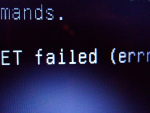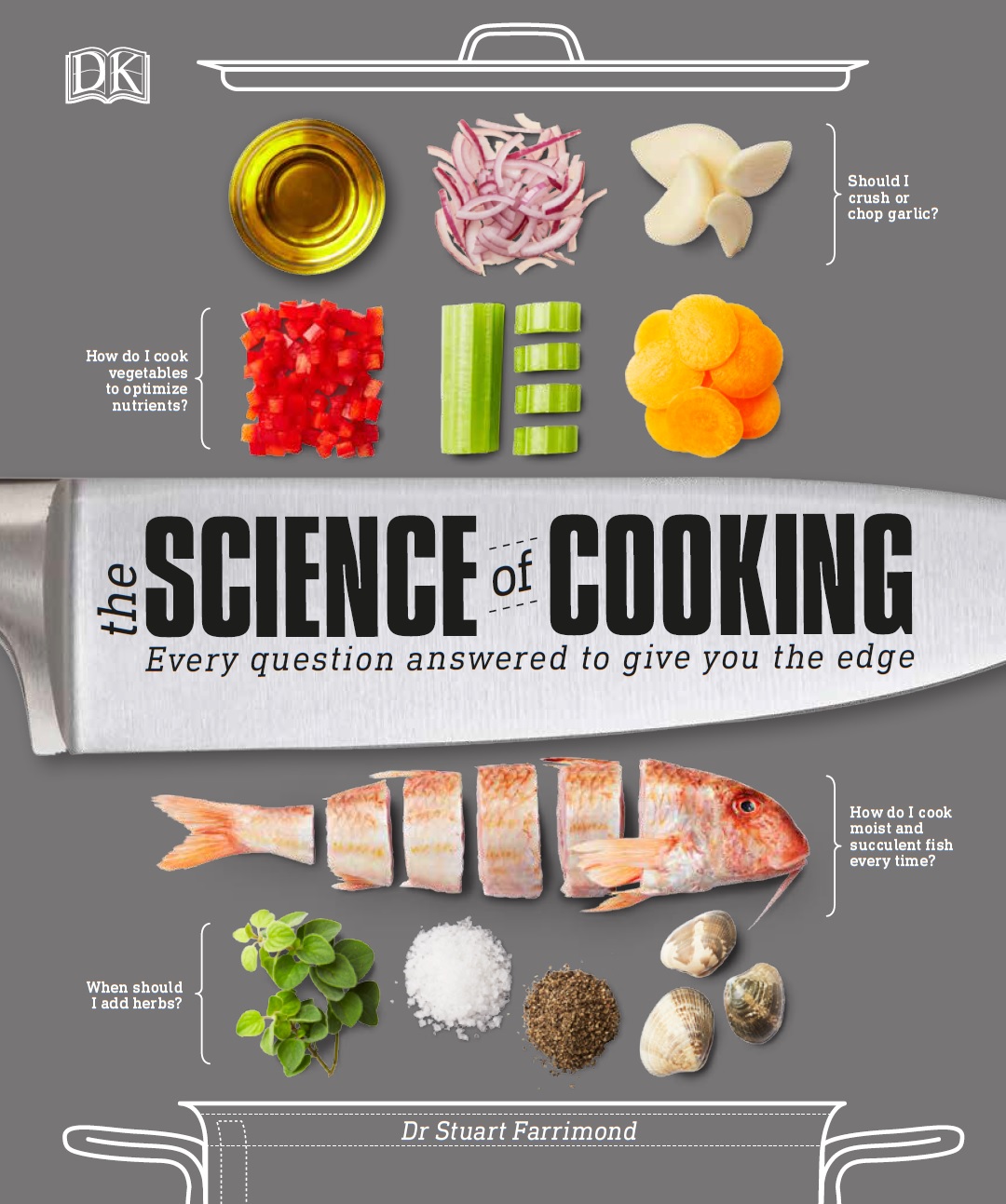 You probably remember a time when nobody dared talk about dementia. Comedians would joke about ‘mad granddad’ but no-one seriously wanted to contemplate a life without memory. Thankfully, Alzheimer’s disease charities have started to wake us up to the reality of the 850,000 people who live with dementia in the UK.. Stigmatisation is waning but dementia is still greatly misunderstood and is feared more than cancer or even death. So when the headline “Test to STOP Alzheimer’s: Simple 20-minute quiz could be key to beating the disease” made the front cover of the Daily Express last week, it struck a chord with a great many of us. Promising to “halve the risk of developing Alzheimer’s disease”, I decided to try it out to discover just how well it could ease fears of dementia.
You probably remember a time when nobody dared talk about dementia. Comedians would joke about ‘mad granddad’ but no-one seriously wanted to contemplate a life without memory. Thankfully, Alzheimer’s disease charities have started to wake us up to the reality of the 850,000 people who live with dementia in the UK.. Stigmatisation is waning but dementia is still greatly misunderstood and is feared more than cancer or even death. So when the headline “Test to STOP Alzheimer’s: Simple 20-minute quiz could be key to beating the disease” made the front cover of the Daily Express last week, it struck a chord with a great many of us. Promising to “halve the risk of developing Alzheimer’s disease”, I decided to try it out to discover just how well it could ease fears of dementia.
Designed by UK-based charity Food for the Brain, the quiz aims to measure thinking powers, short term memory and assess lifestyle habits. A series of questions require you to match symbols and numbers, and to recall pictures while working to a time limit. Questions such as ‘how often do you eat oily fish?’ and ‘when was the last time you went to a restaurant?’ seek to find out whether your habits affect risk for dementia in later life. (The irony of asking someone with potential memory problems to recall the last time ate salmon clearly passed them by.) The final results page then offers ‘personalised’ advice on dietary changes and tells you whether you have ‘mild cognitive impairment’ – an early indicator of dementia.
What makes this quiz unusual is its use of timed questions. Working against a clock to frantically click answers requires a surprising amount of computer dexterity; and given that the test is designed for 50 – 70 year olds it is a curious way to measure thinking powers. A scratch beneath the surface of the test also reveals that its foundations of the test look shaky. The quiz has not yet gone through the rigor of proper scientific testing or scrutiny from experts. There are already a raft of proven tests used by doctors that have and until this one is fully appraised, it is safer to think of the entire project as an experiment.
When I took the test, my personalised ‘Alzheimer’s prevention plan’ offered some reasonable nutritional advice, suggesting that I eat more nuts and seeds and cut back on the coffee. And apparently I have the mind of an average 56 year old. (At 32, I’m not sure whether I should be worried.) Some of the other recommendations, however, were more troubling.
In particular, the test and the website advises that everyone aged between 50 and 70 take vitamin B tablets and pay for a homocysteine blood test. All results pages furthermore recommend an appointment at their private clinic, where most patients spend £600 to £1100, plus between £2 and £3 per day for supplements. A further follow up email lands in your inbox, advertising a home blood testing kit for a ‘reduced’ £99. What many people may not realise is that neither vitamin B supplements nor homocysteine blood testing are normal medical practice. These should only be considered under medical supervision.
A good place to get reliable information about dementia are websites like the Alzheimer’s Society’s. They offer a Freephone number should you have concerns for yourself or another alongside useful printouts. Any website that offers paid medical treatment should be regarded with extreme caution: the internet is filled with unscrupulous types seeking to cash in on our fears. If you are seriously concerned then your doctor is the best first port of call.
Alas, there are no easy fixes, but the ‘six pillars’ of a brain-healthy lifestyle are cost-free and proven way to protect your brain from the ravages of time: regular exercise, healthy diet, mental stimulation, quality sleep, stress management and an active social life. So rather than completing an online survey, twenty minutes might be better spent going for a walk, reading a book or catching up with a friend. Hopefully you’ll forget all about silly online dementia tests.
Thanks for reading – all opinions expressed are my own. Feel free to add your thoughts in the comments below.
Follow @realdoctorstu









Discussion
No comments yet.